Islamophobia envoy issues call to the nation for an end to hatred
Australia’s envoy to combat Islamophobia will imminently provide the government with recommendations to better combat anti-Muslim hatred as he and 30 community bodies made a united call for cohesion and understanding.
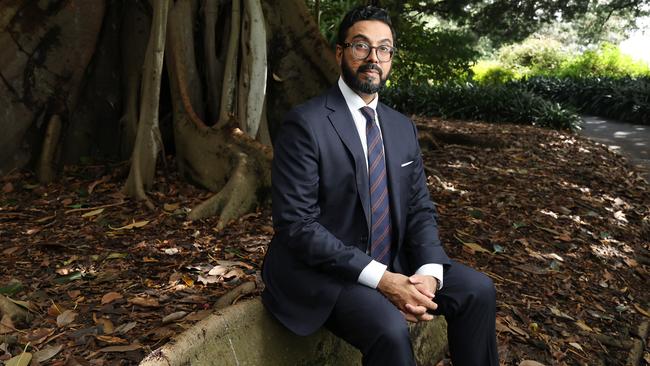
Australia’s special envoy to combat Islamophobia will soon provide the federal government with a set of recommendations to better combat anti-Muslim hatred as he and 30 community bodies made a united call for cohesion and understanding.
It comes amid a drastic spike in instances of Islamophobia and after Aftab Malik’s January intervention in The Australian, when Anthony Albanese’s hand-picked envoy urged leaders to not ignore the threat to Muslims and criticised the Coalition for downplaying the hatred.
To mark international day to combat Islamophobia, Mr Malik – in a piece published online in Saturday’s The Australian and undersigned by the Muslim organisations – has made a rallying cry from a “coalition of the concerned”, urging the nation to recognise the hatred targeting their community.
“Compounding the problem is that these incidents – rising in frequency – of Islamophobia are often going unreported,” the piece says, which is undersigned by the influential Australian National Imams Council and Lebanese Muslim Association, as well as 28 other bodies.
“This contributes to its normalisation and to the misconception that such discrimination is rare, or sadly, even ‘fictitious’.”
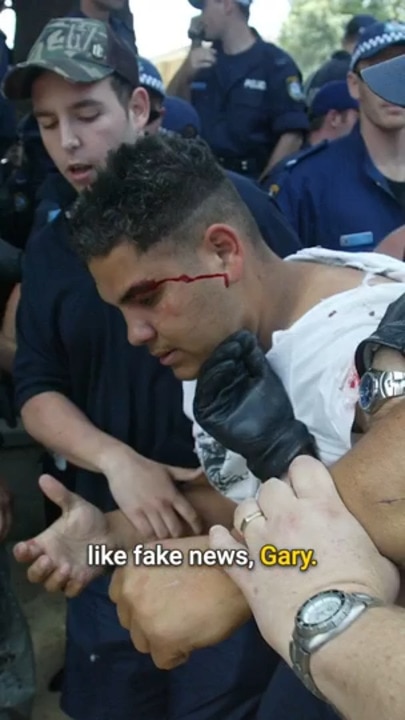
Ahead of Saturday’s six-year anniversary of the Christchurch massacre, Mr Malik said hatred towards Muslims harmed the entirety of society.
“(Our statement) says: ‘Hello, we’re Australians, we’re your neighbours and friends, we want everyone to feel safe and respected, but we’re experiencing hatred, and it’s preventing many of us from feeling included and welcome,” said Mr Malik, whose background is in academia and governmental work, including programs to counter violent extremism.
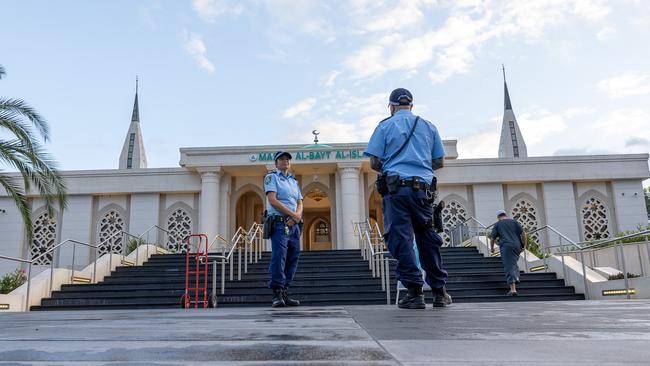
The intervention comes as the Islamophobia Register Australia indicated in-person incidents had more than doubled over the past two years.
It verified 309 in-person incidents of Islamophobia, and 366 online incidents – the highest tally since the organisation was created 10 years ago. This included 139 in-person incidents in NSW and 79 in Victoria.
Mr Malik’s piece cites a recent attack on two Muslim women in Melbourne, an alleged massacre threat towards a southwest Sydney mosque, and an alleged attempt to run over a prominent sheik outside his workplace, criticising attempts to brand Islamophobia “fictitious”.
“(Victims, Muslim Australians) isolate themselves from society … (and) it really chips away at the sense of belonging,” Mr Malik said, adding it created an “us versus them landscape”.
“A section of the community will look at Muslims and say: ‘Look, these guys are terrorists. They’re here to undermine society. Don’t trust them’.
“It fragments society … One group becomes isolated and feels that they don’t belong, and they fear for their safety. And another segment of society feels that those people who are isolating are plotting the downfall of society.”
Mr Malik said the issue impacted Australia’s democracy and decision making.
“An aspect of Islamophobia is this idea that Islam is this ideology that wants to take over the world,” he said.
“Then people will be driven by fear, rather than moving from a reasonable or rational perspective.”
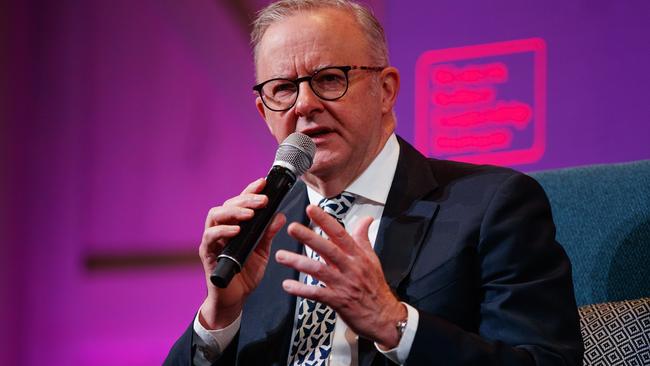
The social cohesion index by the non-profit Scanlon Foundation Research Institute – which surveys more than 8000 Australians using the same template each year – in 2024 found a year-on-year spike in anti-Muslim sentiment, with a third of people saying they had a negative attitude towards Muslims in July 2024, up 7 percentage points from the previous year.
Mr Malik, who has been in the special envoy role for only five months, will soon provide the government with a set of recommendations that each of the main departments could implement to help alleviate the hatred.
“The first (recommendation) is to ensure that the government is holding perpetrators of Islamophobia to account … and ensuring there are adequate support systems for targets and victims of Islamophobia,” he said, adding that he’d also advise on better provisions to reduce discrimination and better safety measures.
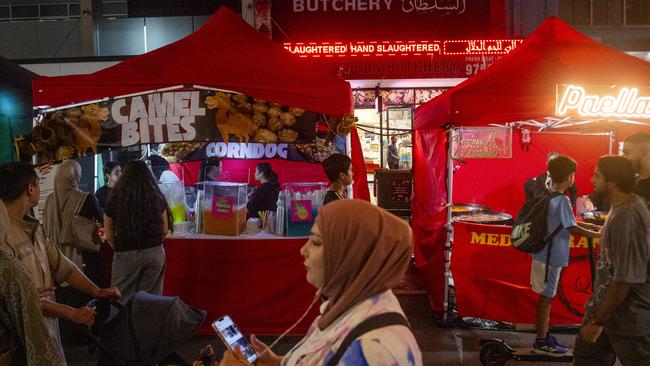
During Ramadan, Mr Malik encouraged Australians of each faith to break bread with the community at an Iftar.
“I think that’s a really wonderful way to go and see Muslims’ self-discipline, charity, hospitality and the devotion to worship,” he said.
“But it’s also important for people just to question some of the things they think about Muslims.”
Mr Malik has vowed to work closely with his “anti-Semitism counterpart” Jillian Segal. He said the pillars of each faith could be collectively harnessed to move the dial back toward a thriving society.
“Do not underestimate the power of faith in (fostering) social cohesion and don’t undermine the power of faith in times of great tension,” Mr Malik said.
“(All) faith communities do not teach to ‘kill one another’, but rather help your neighbour, assist the weak, be altruistic – (these) are the bedrock of all faith traditions.
“Every faith can be a very powerful and positive force to assist governments and strengthen social cohesion.”


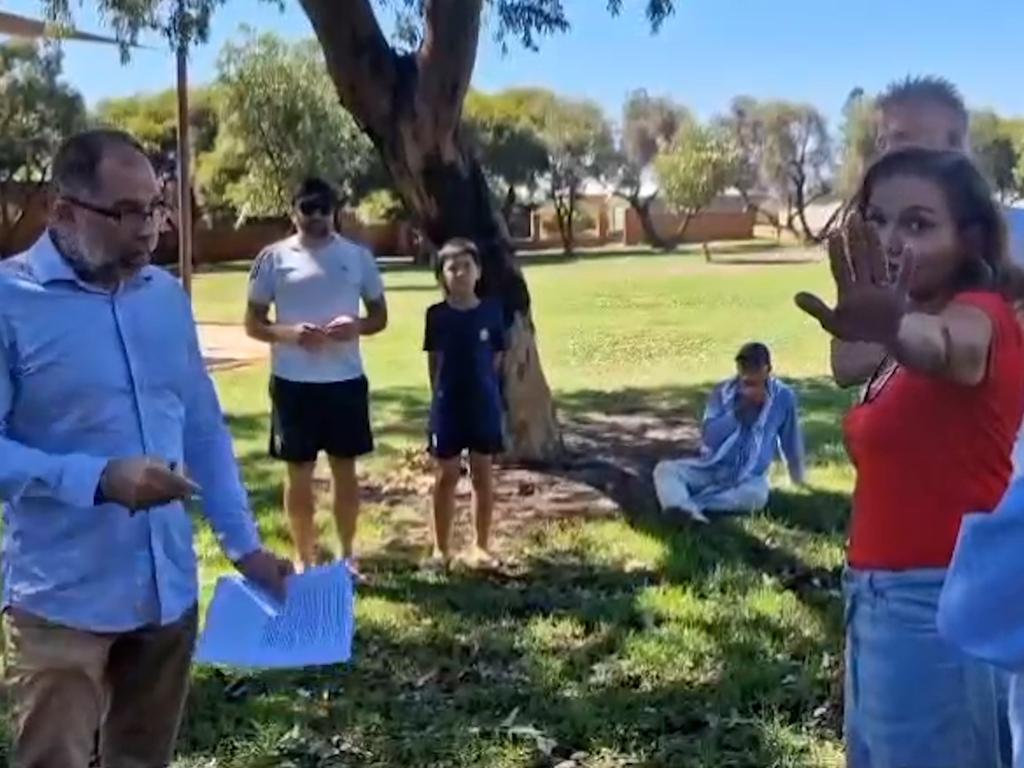

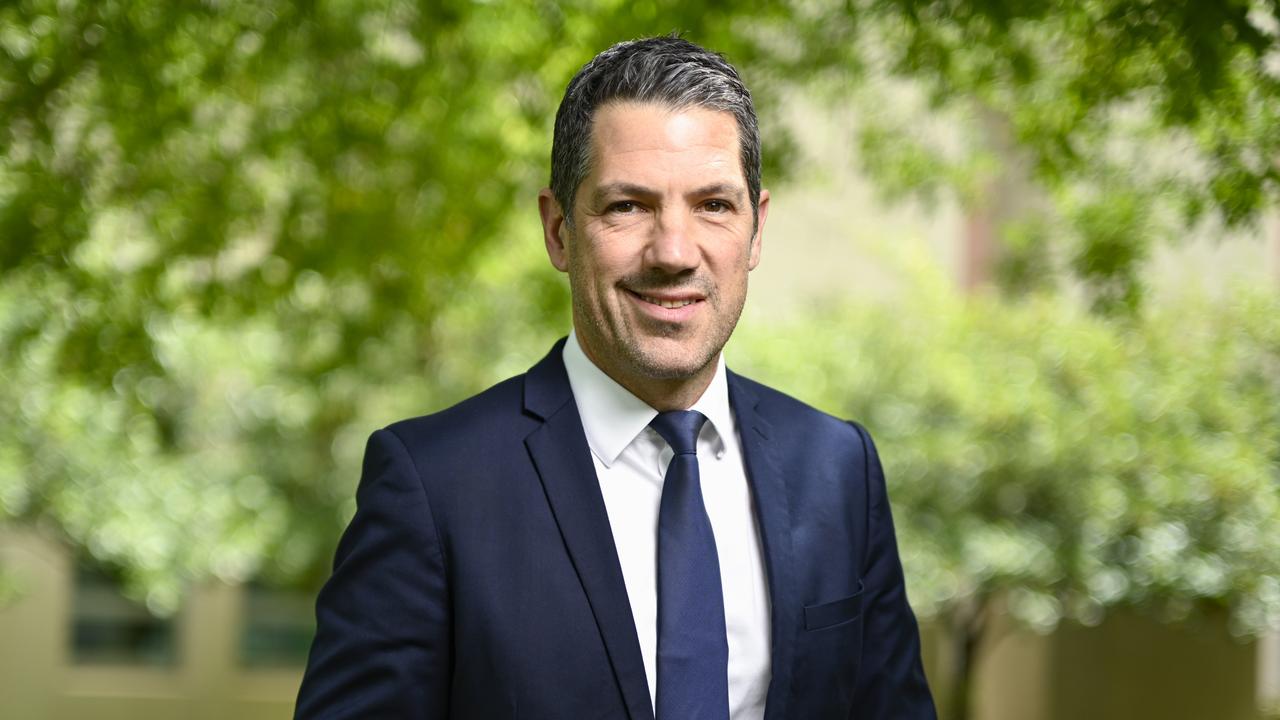
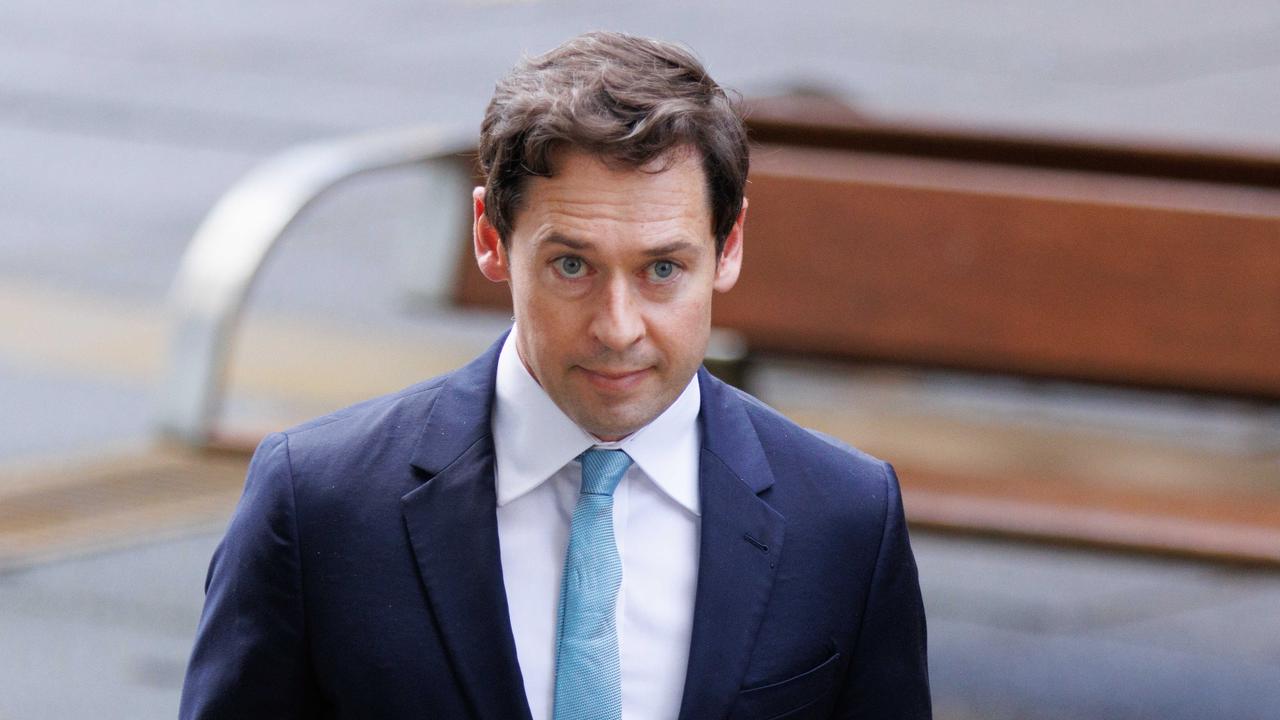
To join the conversation, please log in. Don't have an account? Register
Join the conversation, you are commenting as Logout